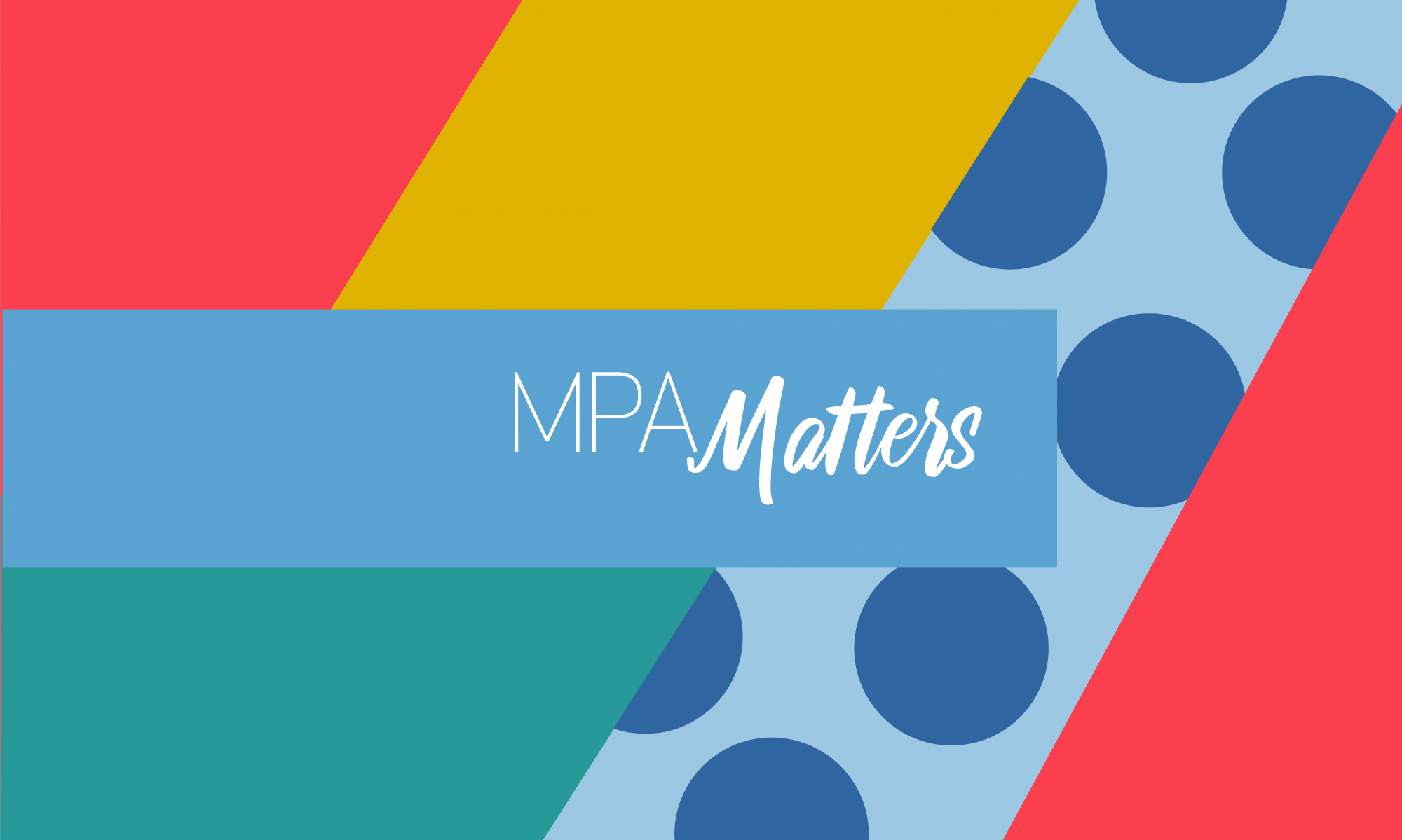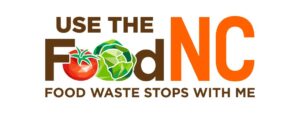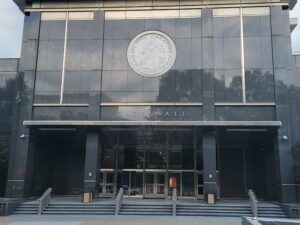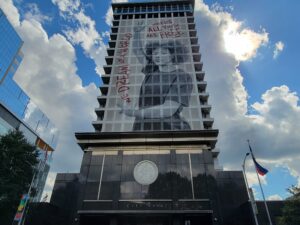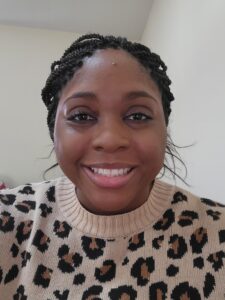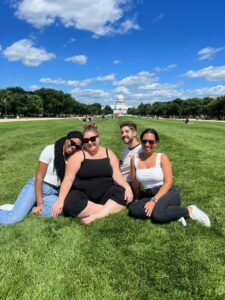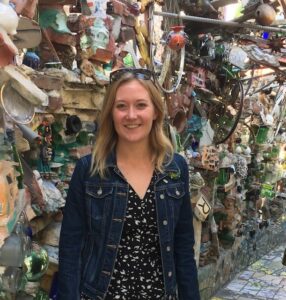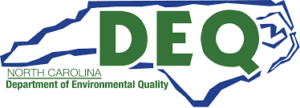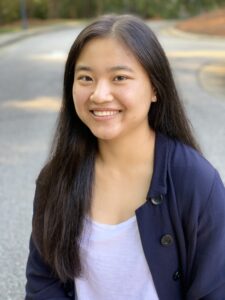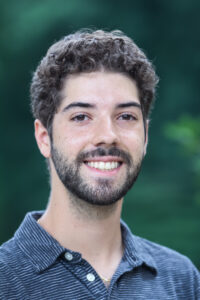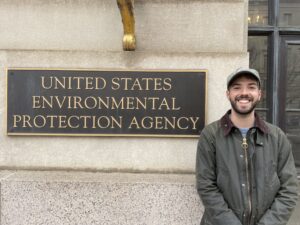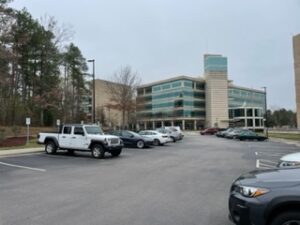This post was written by current student Rachel Werz.
———————————————————————————————–
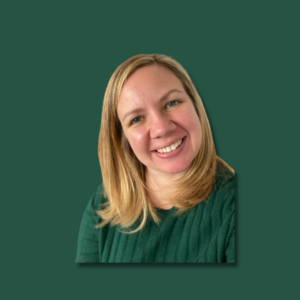 My name is Rachel Werz and I’m a North Carolinian, Returned Peace Corps Volunteer, and most recently a new mom! I’m in my third year of the online format of the MPA program. After getting my undergraduate degree in International Studies from UNC-Charlotte in 2009, I left the country to backpack through Southeast Asia. After 5 months of backpacking, I got a job teaching English in South Korea, and loved it so much I stayed for about 6 years. I then took my teaching skills to the U.S. Peace Corps, where I served as a teacher trainer in Indonesia. It was there that I found my passion for public service and sustainable development. I also met someone who became my mentor and introduced me to the field of public administration, suggesting it would be a good fit for me. She was right!
My name is Rachel Werz and I’m a North Carolinian, Returned Peace Corps Volunteer, and most recently a new mom! I’m in my third year of the online format of the MPA program. After getting my undergraduate degree in International Studies from UNC-Charlotte in 2009, I left the country to backpack through Southeast Asia. After 5 months of backpacking, I got a job teaching English in South Korea, and loved it so much I stayed for about 6 years. I then took my teaching skills to the U.S. Peace Corps, where I served as a teacher trainer in Indonesia. It was there that I found my passion for public service and sustainable development. I also met someone who became my mentor and introduced me to the field of public administration, suggesting it would be a good fit for me. She was right!
I applied for the UNC MPA program with my sights set on work at the federal level, in diplomacy or international development. However, as I’m sure has happened to many before me, the incredible MPA faculty’s expertise on local and state government has shifted my interests. As I enter my third and final year in the program, I am most interested in economic and community development. Through some of my volunteer work in Durham, I have gained experience in community development at the grassroots level. So, when looking for a PWE, I wanted to work for an organization that could offer professional experience in the same field. I reached out to Jamie McCall, a UNC MPA Alum, and the VP of Economic Development Policy at Carolina Small Business Development Fund (CSBDF). CSBDF provides financial and technical assistance, as well as policy research to small business owners in underserved communities across the state.

I’m now a research fellow for the Western Women’s Business Center (WWBC), which is a project of Carolina Small Business Development Fund. My first month has flown by! The research I am working on aims to identify gaps in the services provided by us and partner organizations to ensure we are meeting the needs of small business owners in Western North Carolina. Our goal is to strengthen the relationship that we have with small business owners and partner organizations by identifying our strengths and areas that need improvement. So far, I’ve really enjoyed the friendliness of everyone at CSBDF and working on the research project with a small team of fellow interns from UNC. I’m looking forward to the weeks ahead as I learn and grow in this internship!
